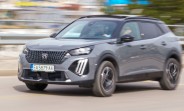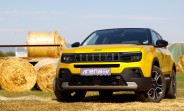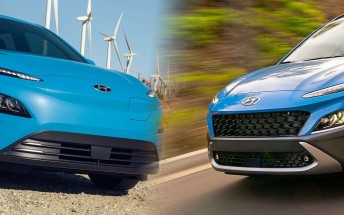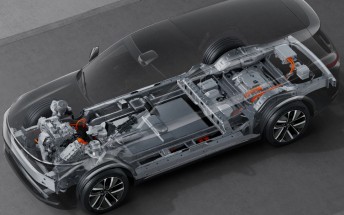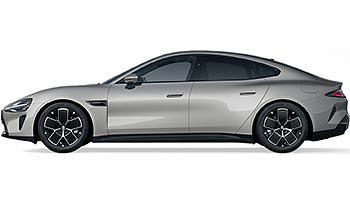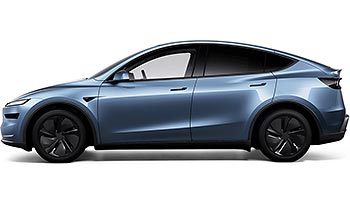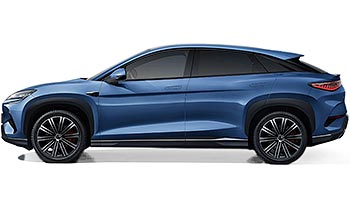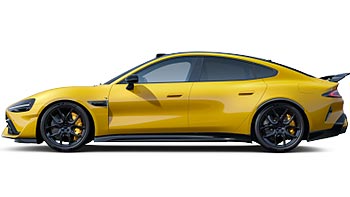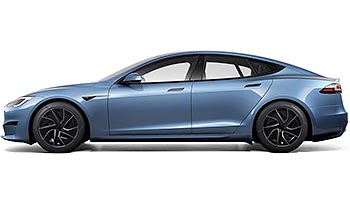Tesla Robotaxi arrives with a chaperone in the front seat

After years of bold predictions and shifting timelines, Tesla is finally rolling out the early access version of its Robotaxi service. Starting June 22, a select group of users in Austin, Texas, can hail one of the company's electric cars for a ride. Unfortunately, those expecting a futuristic, fully autonomous experience might be surprised to find a Tesla employee riding along in the front passenger seat for every trip.
The long-awaited debut of the service, which uses a fleet of Model Y electric vehicles, comes with a detailed set of rules and limitations. The initial launch operates less like a fully autonomous network and more like a public beta test with a human "safety monitor" keeping a watchful eye. This cautious approach, while sensible, casts a dimmer light on the grander claims of achieving full self-driving capabilities that have been a company hallmark for nearly a decade.
Tesla has given me permission to share the parameters of use for their Model Y Robotaxi service, starting this Sunday June 22nd in Austin, Texas. The Early Access phase is invitation-only.
— Sawyer Merritt (@SawyerMerritt) June 20, 2025
Parameters of Use:
• You must read through and agree to the attached Terms of Service,… pic.twitter.com/RPy5TvUbBg
For those lucky enough to receive an invitation, the service is available daily from 6:00 a.m. to 12:00 a.m. Rides can only be requested through a new, dedicated Robotaxi app and are restricted to a specific, geo-fenced area within Austin. Trips to the airport are off-limits for now, and the company warns that service availability could be curtailed by bad weather. This operational model is not unlike the approach taken by competitors like Waymo, which has been operating its own autonomous ride-hailing service for some time.
Riders must agree to a lengthy terms of service document and have a valid credit or debit card on file. Each invitee is permitted to bring only one guest, who must also be over 18. The rules inside the vehicle are straightforward: no smoking, vaping, drinking, or illegal activities. Tesla also makes it clear that it can suspend a user's access for breaking these rules. In a nod to the novelty of the experience, the company is permitting and even encouraging users to take photos and videos of their rides, so expect social media to be flooded with first-hand accounts tomorrow.
Been following Robotaxi all over Austin, tbh it got boring, after a while the excitement turns down and it felt like following just another car on the road.
— Nikola Brussels (@NikolaBrussels) June 19, 2025
99,99% of all pedestrians did not even notice it.
That said, that’s actually great news!
Bullish for TSLA! pic.twitter.com/3Y3LtUxADA
The presence of a human safety monitor is perhaps the most telling detail of this launch. It signals that despite years of confident assertions from CEO Elon Musk about achieving Level 5 autonomy, the technology is not yet ready to operate without direct human oversight.
The company is framing this as a measure to ensure safety and gather feedback, but really it only proves the immense complexity of developing a truly driverless car. Tesla's system relies on cameras and a sophisticated software stack, but the need for a human minder suggests the "Full Self-Driving" branding remains more aspirational for now.
Related
Reader comments
Nothing yet. Be the first to comment.





